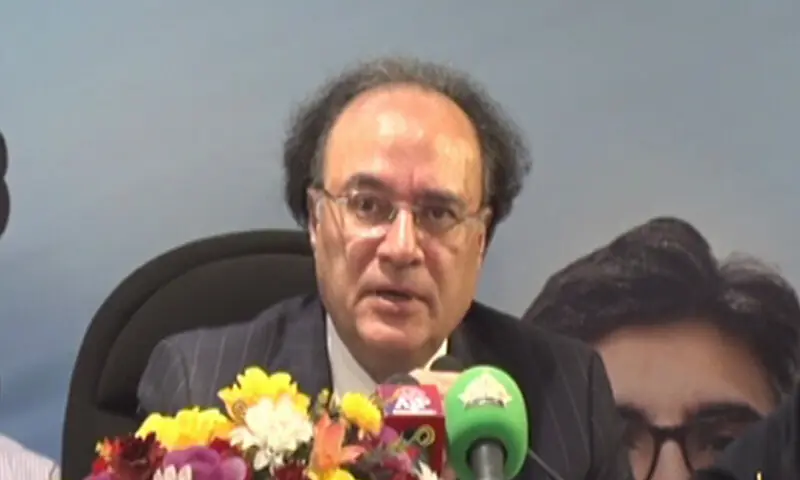Jamaat-i-Islami (JI) leaders on Wednesday filed a petition before the Sindh High Court (SHC) challenging the e-challan system recently implemented by the provincial government, alleging that the system, based on artificial intelligence (AI), imposes “exorbitant and discriminatory fines” on residents of Karachi.
In June, the Sindh government had decided that e-challans for traffic violations would be delivered to the registered residential addresses of vehicle owners. The system, officially launched last month, has drawn a mix of praise and criticism from the public.
Karachi JI chief Monem Zafar Khan, opposition leader, KMC lawyer Saifuddin and Sindh Provincial Assembly member Muhammad Farooq filed a petition in SHC today. It was filed against the province of Sindh through its Principal Secretary, Home Department, Inspector General of Police, Deputy Inspector General of Traffic Police and Sindh Excise, Taxation and Narcotics Control Department.
The petition, filed under Article 199 of the Constitution, stated that the petitioners are “law-abiding citizens, taxpayers and residents of Karachi” aggrieved by the “arbitrary notification” imposed by a new artificial intelligence-based e-challan system with exorbitant and discriminatory fines introduced by the Sindh Government and the Traffic Department.
The petition said the said system operates through CCTV and AI-enabled cameras that automatically detect alleged traffic violations and issue electronic challans to the registered owner of the vehicle, “regardless of whether he was actually driving at the time of the alleged violation and who is the actual owner.”
It claimed that the “impugned notification” introducing the system has been implemented without “previously ensuring necessary road infrastructure, vehicle ownership verification mechanisms, installation of adequate speed limit signs, zebra crossings and other essential traffic signals”.
Furthermore, according to the petition, “coercive measures such as a drastic increase in fines, in some cases up to 1,000 percent, blocking of computerized national identity cards (CNIC), suspension of driving licenses and seizure of vehicles in case of non-payment amount to punishment without due process of law.”
According to the notification, in Karachi and other parts of Sindh, a large number of vehicles continue to operate without formal transfer of ownership as the registration records still reflect the name of the original owner.
“This situation persists due to cumbersome and corrupt procedures in the Excise Department, which discourage timely transfer of property,” the petition states.
Respondents, particularly the excise department, “have failed to introduce a simple and corruption-free mechanism for transfer of ownership, thereby forcing many citizens to use vehicles that have not yet been transferred in their name,” he said, adding that respondents have a duty to ensure an efficient and transparent system for transfer of ownership.
Even in Sharea Faisal, one of the main arteries of the city, there are no traffic or speed limit signs, zebra crossings or other markings available, the petition claims.
Furthermore, the petition highlighted that Karachi’s roads are in a “deplorable state” so “vehicles cannot move smoothly, forcing travelers to take alternative or even wrong routes.”
“In several areas, due to ongoing construction work, the traffic police themselves order vehicles to drive on the wrong side, for example in Numaish and University Road, where [Red Line Bus Rapid Transit (BRT) project] “It is under construction and is not expected to be completed for three or four years,” he said.
“As a result, traffic remains congested day and night. Streetlights have been removed, detours are inadequate and barriers have been placed haphazardly, causing further inconvenience and accidents,” the petition mentions.
The petition requested SHC to “suspend the operation, implementation and execution” of the “impugned notification” and the challans, sanctions and proceedings initiated against the citizens of Sindh, and restrain the respondents from issuing, prosecuting or recovering any sanctions until the final disposal of the petition.
It also asked the court to declare “illegal, arbitrary and unconstitutional” the implementation of the AI-based e-challan system without adequate infrastructure and ownership verification safeguards.








